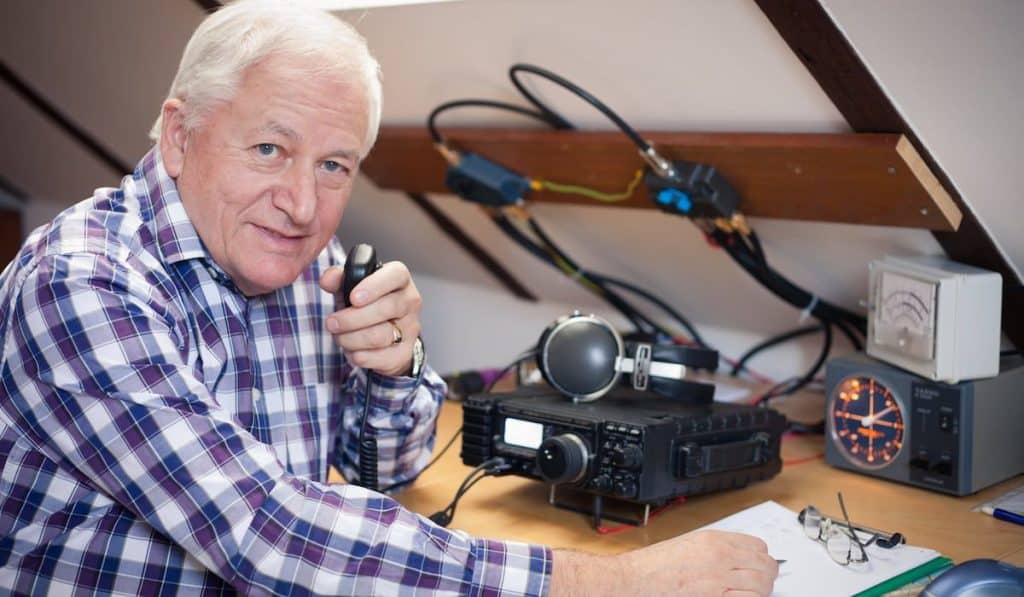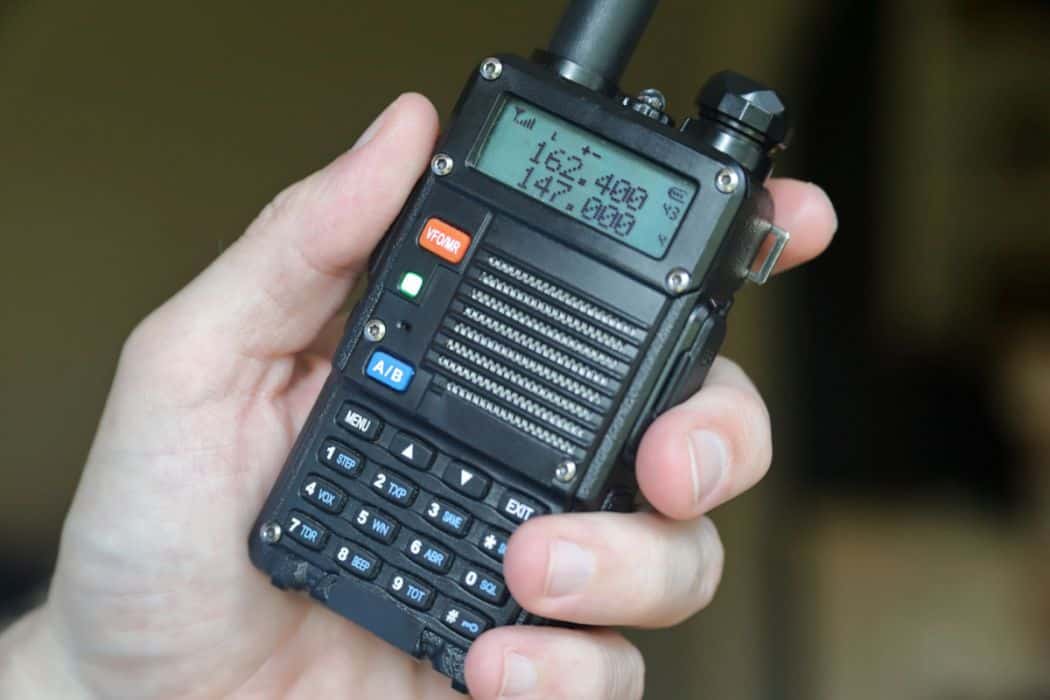Amateur radio is also known as Ham radio and is an interesting hobby that has been around for over a century now.
This hobby has been practiced by people from all walks of life all over the world and has been able to shape some of the ways communication is done today.
There have also myriads of contributions that hams have made to positively impact the world today such as coordinating rescue missions during times of disaster.
But you may be wondering why anyone would want to be an amateur radio operator in the internet age.
There are several fascinating reasons why you should consider this as your next hobby if you are interested in it and am going to go through a few.
Before we start…
1. Have meaningful conversations with other hams
There is a lot that encompasses being a ham but arguably the most would be communication.
Getting a ham license essentially means one thing for most people and that is being able to broadcast on the frequencies that have been allocated for use by amateur radio operators also known as ham bands.
You can learn more about these ham bands by visiting our main amateur radio beginner’s guide.
With this ham license, you can communicate with other people in your locality and all around the world depending on the type of equipment you invest in and the license you hold.
The communications can be done through morse code (CW) and by both analog and digital modulation methods such as SSB, Amplitude Modulation, Frequency modulation, and Pulse modulation.
These communications can be as simple as getting to know each other or asking for help to more complex things that involve sharing technical skills and much more.
You also get to give and receive QSL cards which are basically a confirmation that a transmission has been received and are prized collectibles for most amateur radio operators.
However, if what you are looking for is private conversations, ham radio may not be the one for you since all the information is free for everyone to listen to. Even unlicensed individuals can listen to broadcasts from other amateur radio operators.
2. Be part of a large community
With over 3 million ham operators worldwide, this can be a chance for you to be part of a very large community that only seems to grow as the years go by.
Out of the 3+ million operators, over 750,000 come from the US alone which makes it the largest ham community in the world.
These communities organize events known as Hamfests where they physically meet each other off air to share ideas, sell and exchange new and used gear and generally get to know each other.

Some competitions are also organized by hams where they mainly compete on who can reach the largest number of people over a certain period.
These events can be organized on a local scale but can also be international events.
3.Be prepared for an emergency
Although this may not sound that interesting, it is one of the main benefits of being a ham.
Most local emergencies will be reported on ham frequencies which can help you take the necessary precautionary steps to protect yourself or avoid certain routes that may have been damaged by things such as storms.
You also get a chance to be one of the first people to get people in distress help in the case of a horrific incident by leading local responders in their direction.
Read all about prepping and ham radios here.
This can prove to be very important in instances where all other means of communication have been cut off or in areas with very poor cell reception and no power connections.

Anyone in distress or any kind of danger can broadcast on ham frequencies without a license which makes it easier for licensed operators to intercept the transmissions and take the necessary actions.
It is also worth keeping in mind that as ham you are better prepped in case anything happens to you where you may personally need help from other individuals since you have the technical skills that can prove useful in emergency events.
There are also ham organizations such as the Radio Amateur Civil Emergency Service (RACES) and Amateur Radio Emergency Service (ARES) where you can volunteer as an emergency responder.
4. There are a lot of technical skills to be learned and shared
This is where things get very interesting and fun more most people.
With ham radio, you get to know the ins and outs of how everything works within the amateur radio world which puts you in a position of being able to experiment and configure different systems even outside the realm of amateur radio.
Configuring these different amateur radio systems is commonly known as “homebrewing” and can involve something as simple as putting wires and a battery to make an antenna to making morse code transmitters and more complex technical skills such as putting together transistors, capacitors, tubes, tuners, speaker drivers and so on to make a simple radio.
This is different from something like using a cellphone. You simply know how to use it but may not know the technical details of how everything works together to make phone calls or surfing the internet possible.
Additionally, you get to interact with other individuals that are skilled in other technical areas such as mechanics, setting up sound systems, hydroponics, engineering, and so on.
You may just fall in love with a new skill that you can pursue further with the help of other hams coupled with the internet and other forums.
And with the internet increasingly becoming part of ham radio with protocols such as EchoLink, increasing the possibilities of ham radio.
5.Communications with the space station
IRISS or Amateur Radio on the International Space Station was established by people on the ISS since most of them hold ham radio licenses for communications with hams on earth.

This makes it possible for amateur radio operators on the ground to communicate with them on the 144.95 MHz 145.20 MHz frequencies depending on its location on the orbit. You can also listen to ISS transmissions on the 145.80 MHz frequency which they use to broadcast.
This can be a great chance to ask questions that you were curious about the ISS and get them answered by qualified members of the ISS.
So, is ham radio a fun hobby?
The short answer is yes and this may be an understatement since you may only be able to understand and enjoy all the fun activities that encompass amateur radio most of which we have not covered in this article.
So, if you were thinking about taking up ham radio as a way to spend your free time, you should definitely take it as an avenue to talk to people, meet new people, learn technical skills and experiment with different electronics with the assistance of the community.




